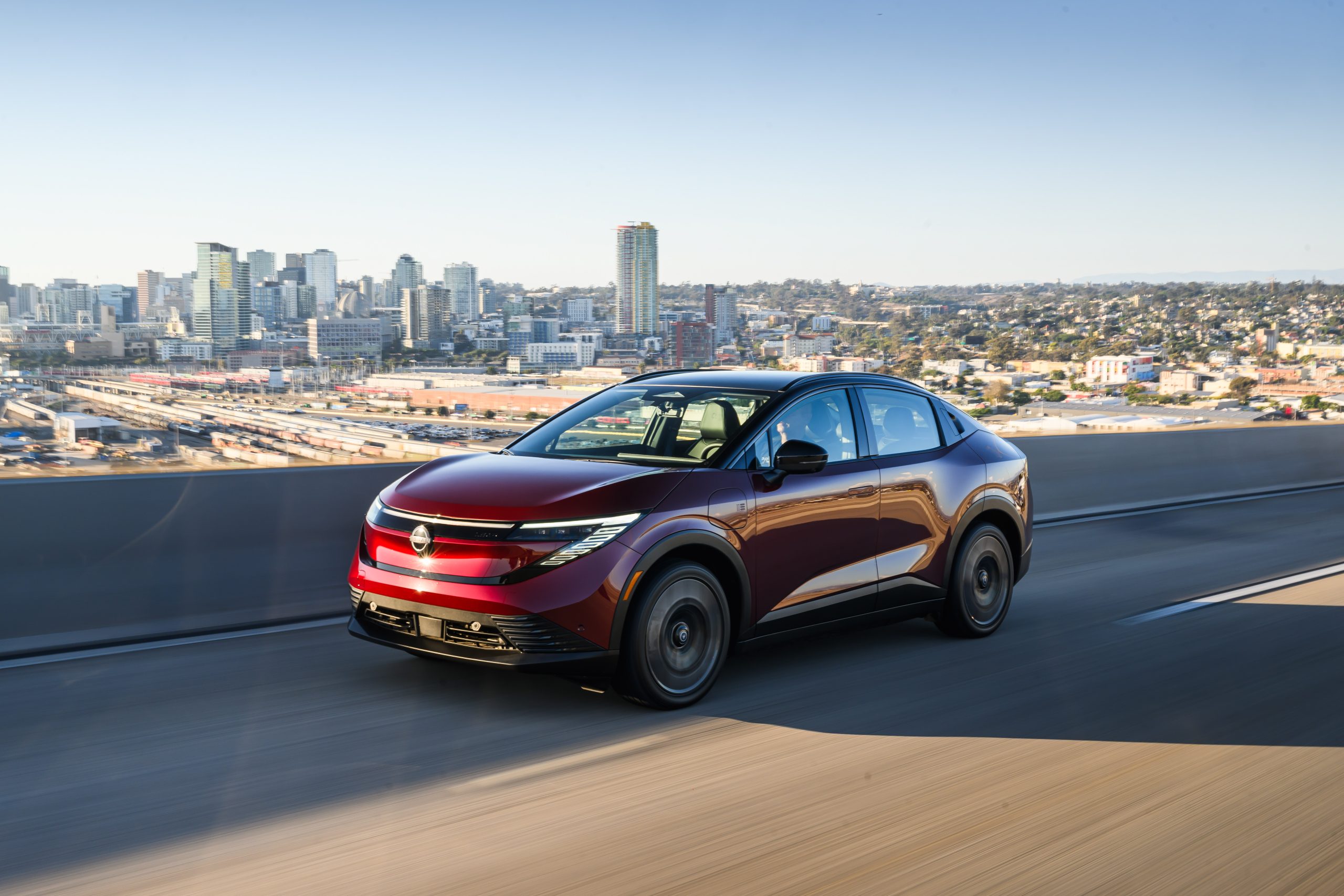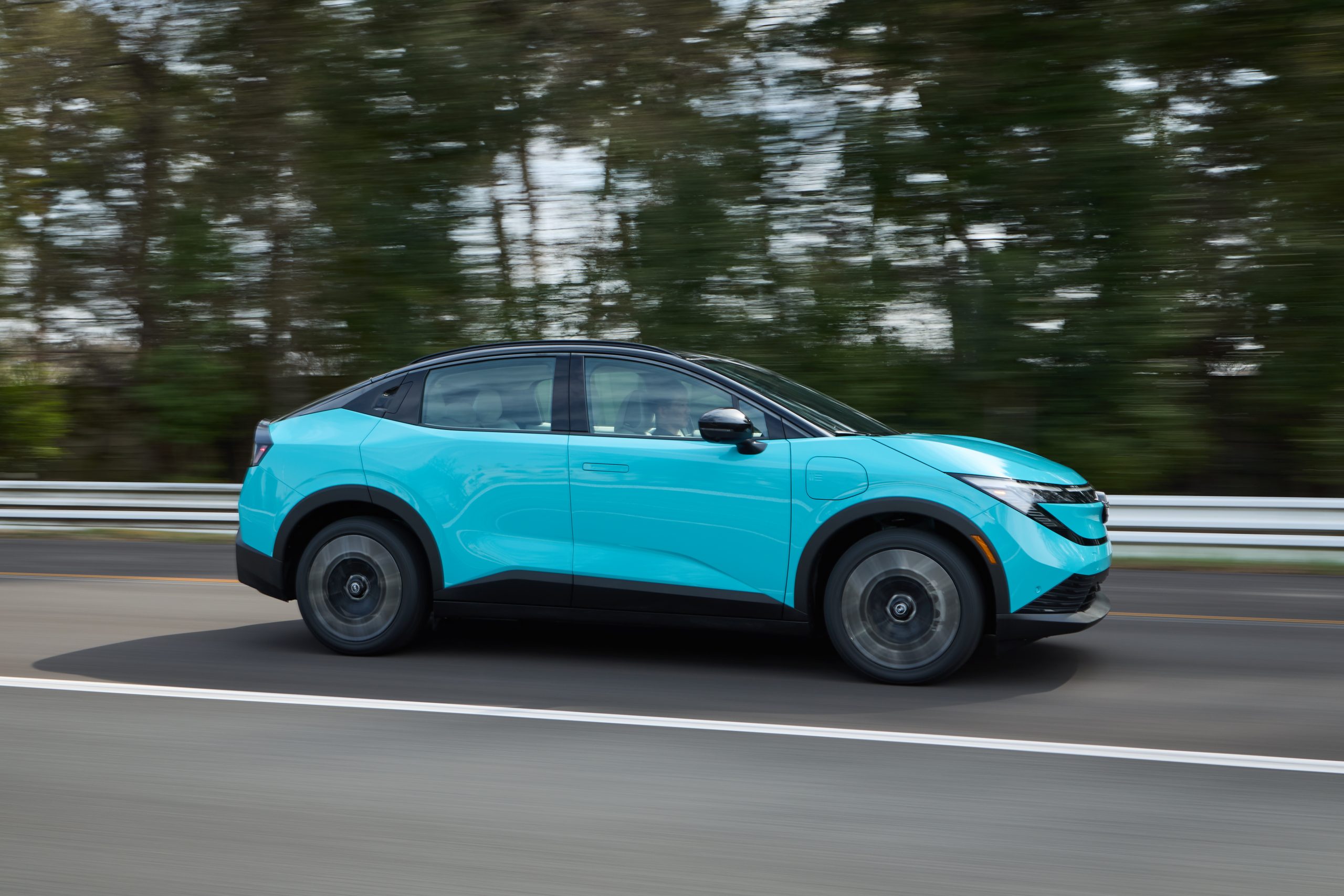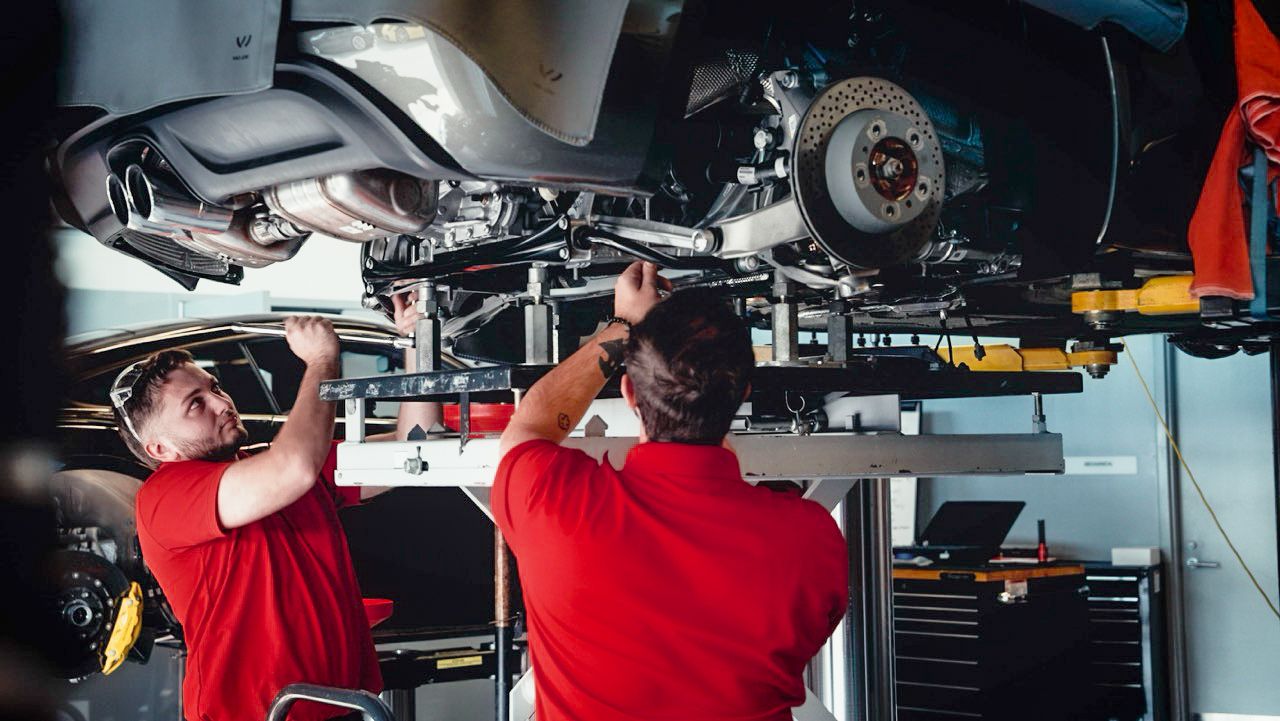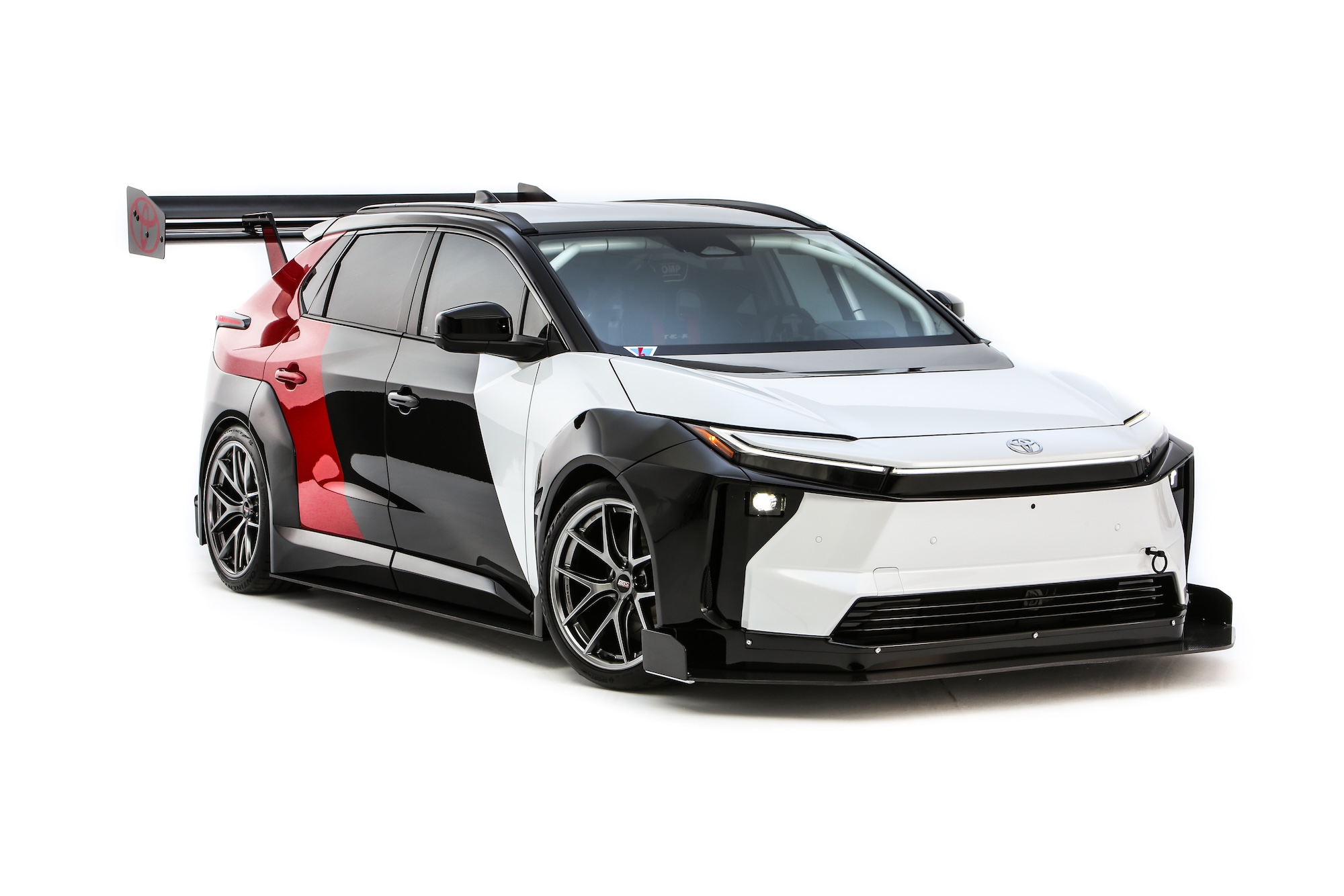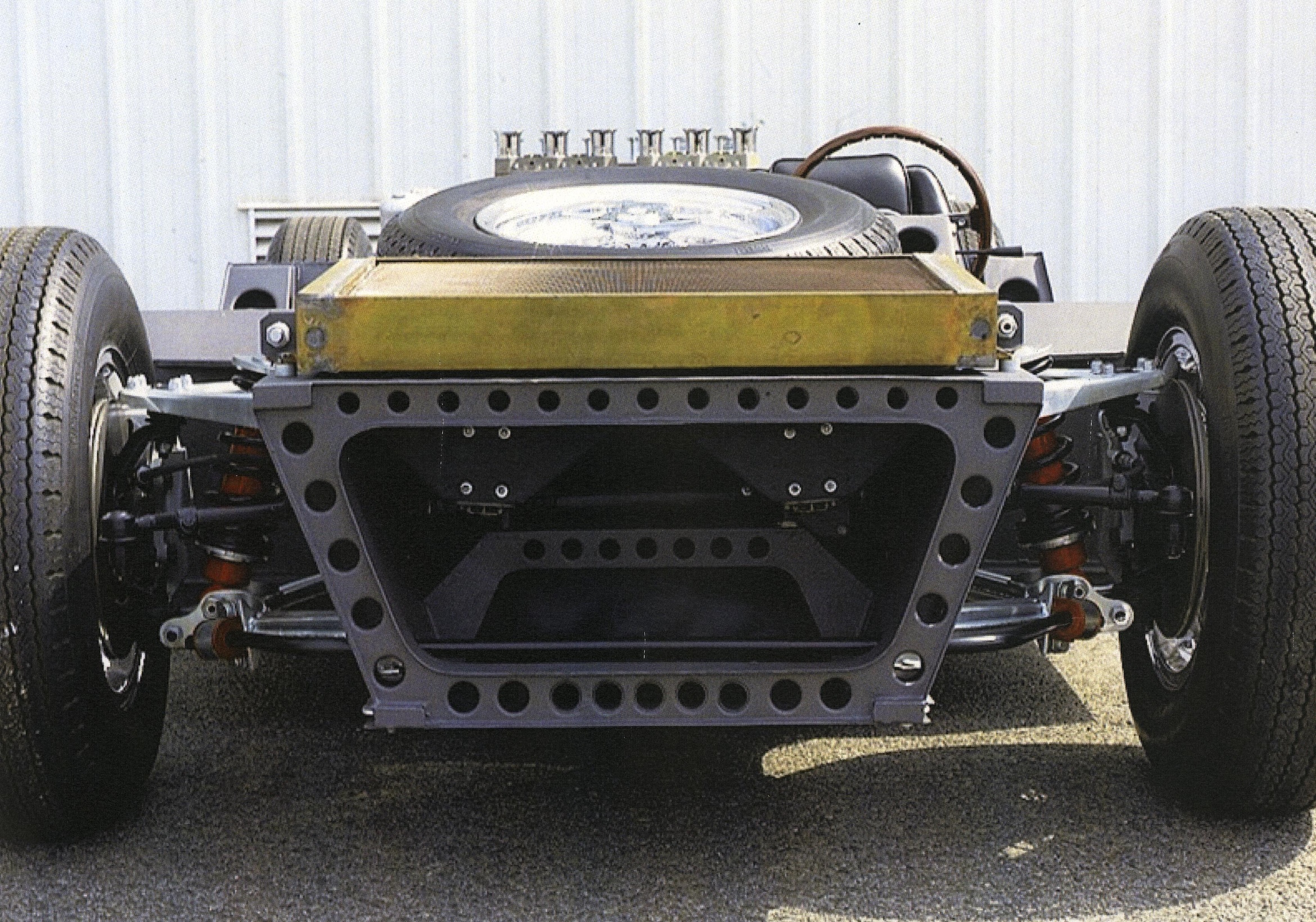Trump Responds as Musk Warns of “Rough Quarters” at Tesla
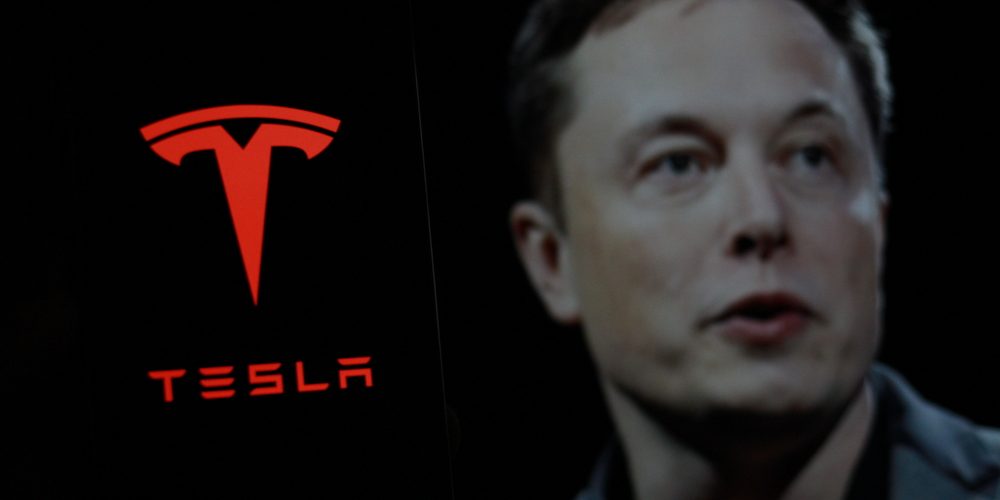
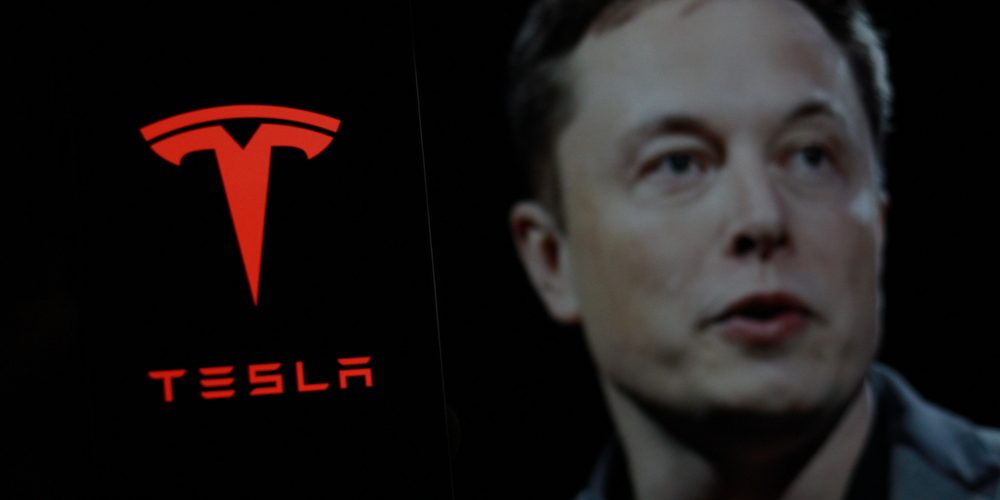
- Donald Trump denies claims he’s to blame for Tesla’s recent troubles, insisting he wants Musk’s businesses to succeed.
- Elon Musk warns shareholders Tesla faces “a few rough quarters” as US electric vehicle subsidies are rolled back.
- Tesla profits drop 16 percent amid political backlash, slumping sales, and growing pressure from rivals.
Donald Trump has denied he is to blame for Tesla’s recent downturn, pushing back against suggestions that rolling back electric vehicle subsidies would harm Elon Musk’s company.
“Everyone is stating that I will destroy Elon’s companies by taking away some, if not all, of the large-scale subsidies he receives from the US government,” Trump wrote on Truth Social. “This is not so. I want Elon, and all businesses within our country, to thrive, in fact, thrive like never before. The better they do, the better the USA does, and that’s good for all of us. We are setting records every day, and I want to keep it that way.”
Trump’s statement came after Musk addressed Tesla shareholders on Wednesday, warning that the company faces a difficult period.
“We’re in this, like, weird transition period where we will lose a lot of incentives in the US,” Musk said. “Does that mean like we could have a few rough quarters? Yes, we probably could have a few rough quarters.”
Tesla’s second-quarter results reflected this outlook. The company reported revenue of $22.5 billion, down 12 percent year-on-year. Profits fell 16 percent to $1.2 billion. Model 3 and Model Y sales to dealerships dropped 12 percent, while sales of other vehicles, including the Cybertruck, plummeted 52 percent.
In a statement to shareholders, Tesla said it was navigating a “sustained uncertain macroeconomic environment resulting from shifting tariffs, unclear impacts from changes to fiscal policy and political sentiment.” The company also noted that “unclear” US policies were hampering the global economic landscape.
Tesla shares dropped nearly 7 percent on Thursday following the report.
The company’s flagship Model Y, which has been a best-seller, received a recent overhaul that failed to meet expectations. Meanwhile, rivals continue to chip away at Tesla’s dominance in the electric vehicle market.
Earlier this month, Tesla revealed its car sales fell 13.5 percent in the second quarter, putting the company on track for a second consecutive year of declining deliveries. That trend has raised concerns over Tesla’s valuation as the world’s most valuable carmaker.
Musk is now looking beyond traditional vehicle sales. Tesla has begun rolling out its robo-taxi service in Texas and continues development of its humanoid robot, Optimus. “Optimus,” Musk has said, will ultimately become Tesla’s most important business.
However, both projects are under regulatory scrutiny and remain unproven at scale.
Musk’s political activity has also drawn attention. He recently left his role with “Doge,” Trump’s efficiency task force, but the relationship between the two has soured. Musk has since threatened to launch his own political party, leading to uncertainty among investors.
That uncertainty was compounded by his recent admission that he is refocusing his energy on Tesla. “Back to working seven days a week and sleeping in the office,” Musk wrote on X.
Musk has promised a cheaper mass-market Tesla model and a driverless “Cybercab” with no steering wheel or pedals, both of which are expected in 2025.
Tesla’s future now hinges on its ability to navigate a challenging political landscape, win back consumer trust, and deliver on its innovation roadmap. Whether it can do so with fewer federal incentives remains an open question.

